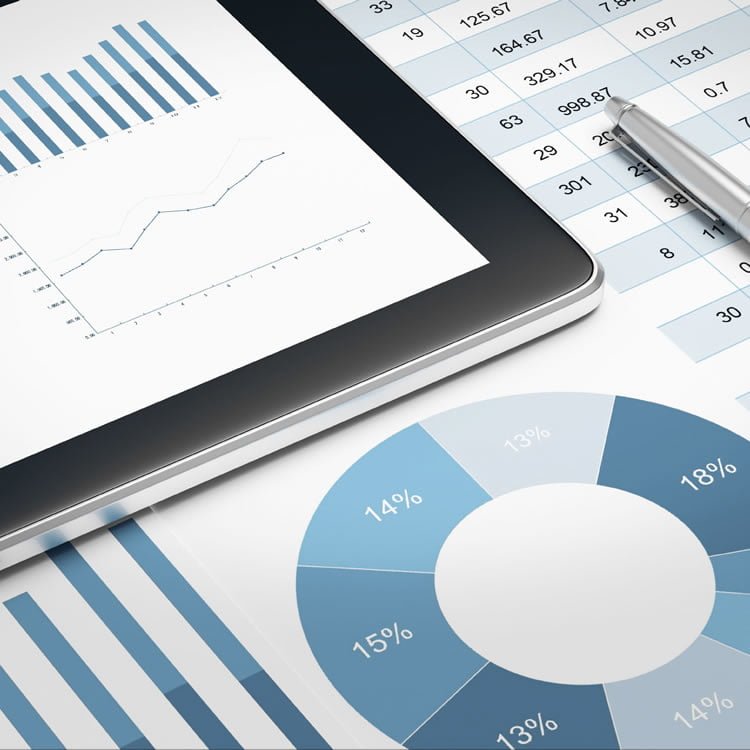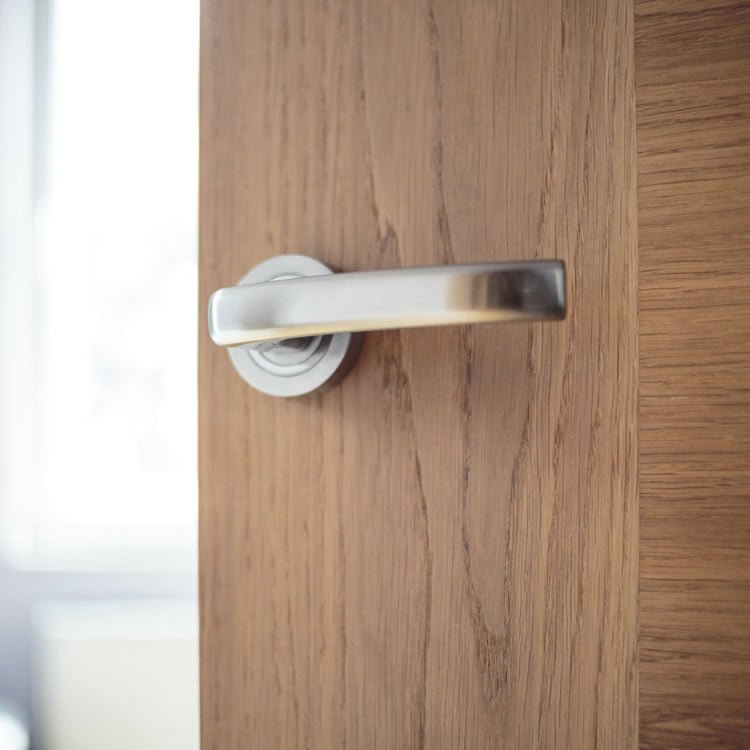What is the purpose of corporate governance?
The purpose of corporate governance is to ensure that a company operates in a responsible and ethical manner, while creating value for its stakeholders. It provides a framework for the relationship between the company’s management, board of directors, shareholders, and other stakeholders, and sets the rules and guidelines for decision-making, accountability, transparency, and risk management.
The ultimate goal of corporate governance is to protect the interests of all stakeholders, including shareholders, employees, customers, suppliers, and society as a whole, by promoting long-term sustainable growth, financial stability, and social responsibility.
Corporate governance is concerned with the value and purpose of an organisation. The board of directors has responsibilities that include; setting strategic aims, providing the leadership to put them into effect, supervising the management of the organisation, and reporting to relevant stakeholders and shareholders (should there be any). Corporate governance helps to ensure that objectives are met, and that the organisation is resilient in the face of micro- and macro-level change.
Defining corporate governance
Corporate governance is the system by which an organisation is managed, directed and controlled. Boards of directors are responsible for the corporate governance of their organisations. Boards normally include non-executive directors, who are not involved in the day-to-day management of an organisation, alongside executive directors who are involved in such activities.
Good corporate governance is essential for any organisation, especially where public spending is involved. At Verita, we have extensive experience in conducting corporate governance reviews and developing bespoke solutions to governance problems. We are frequently commissioned by organisations when something has gone wrong, and where improvements to systems and processes are required.
Governance in the NHS
In the NHS, governance issues are identified in a number of ways, in some cases after a serious clinical incident has occurred. Increasingly, since Sir Robert Francis QC published the Freedom to speak up report following a review into creating an open and honest reporting culture in the NHS, issues are raised by whistleblowers who feel that they cannot make their voice heard within the organisations in which they work.
Serious clinical incidents and whistleblowing are just two of many triggers for identifying governance issues. In terms of how Verita helps organisations to deal with such problems, our independent expertise enables them to acquire credible, honest and valuable insights to identify root causes. Verita is often asked to look into whether an organisation could or should have known about the problem, and/or taken action to predict or prevent it.
Through a combination of the careful sifting of documentary and testimonial evidence, thoughtful evaluation and value-laden analysis, Verita resolves difficult issues and develops clear solutions for its customers. We pride ourselves on the ability to advise organisations in practical ways that lead to real improvement.
We conduct our reviews by looking at relevant policies, as well as national guidance and the regulatory backdrop. We then conduct a gap analysis to benchmark performance against mandatory and statutory requirements, as well as best practice. Our approach involves interviewing staff to see if policies are adhered to, are effective, monitored and reported on. Our specialist knowledge and experience borne from working with regulated organisations over a long period of time allows us to identify the key issues a client is facing, and recommend improvements.
We recently carried out a major review of an outsourced public service looking at the way the service was managed and how this was reported upwards through the organisation. We were also asked by two government departments (DH and DfE) to oversee how public bodies went about investigating the issues that arose from the activities of Jimmy Savile. Our role was to provide a quality control assessment of the investigative work undertaken by a number of organisations, and to see if improvements could be made to the approach that they took.
Understanding if your corporate governance is fit for purpose
The primary focus of any inquiry is to reveal what happened, who is responsible and whether can we learn from it. Whilst the first two questions can bring closure and understanding the final point is arguably the most important. Lessons learned are not only a list of recommendations at the end of a report, but provide a route to prevent future problems, supporting institutions to change behaviour, governance or regulations.
With multiple government inquiries underway and millions of pounds spent since the 90s, it is only natural to wonder whether public inquiries are an effective use of time and money. The need for diagnostic tools for organisational change is prevalent now more so than ever.
However, the history of inquests and subsequent failures suggests that the implementation of recommendations is an entirely different exercise to that of carrying out an inquiry. There are no formal processes for the government or other regulators to follow up recommendations made in interim or final reports, which means the positive impact of implementation is too often lost or diluted. This is not to say that inquiries have not delivered change, but it does highlight that more attention should be paid to carrying out the recommendations, rather than managing short-term interest in the headline findings.
Implementing change to prevent failures from repeating themselves should be at the forefront of any investigation or inquiry. Verita suggests that whatever organisation you are in, reviewing previous relevant recommendations is a valuable way to benchmark how fit for the purpose your corporate governance is and whether you can protect the future by learning from the past.

Corporate governance improves transparency
When answering the question “what is the purpose of corporate governance” it is important to understand the impact corporate transparency has on public perception. With many organisations defending themselves over malpractice, lack of competent governance and poor protocol, Verita launched a poll to investigate the public’s perspective. The figures, received from nearly 2,000 respondents in a Twitter poll, revealed a split on corporate transparency.
According to the poll, just under half (48%) of respondents think their organisation is open and transparent when things go wrong. Those who strongly agree and feel confident in their organisation’s ability to disclose the truth are in the minority group at 19% while 29% of respondents agree. This suggests that protocol and structure, and a positive reporting culture, is in place for many organisations.
However, just over half (52%) of those who took part in the poll responded negatively, with 24% disagreeing and 28% strongly disagreeing that their organisations are open and transparent with failure.
Ed Marsden, our managing director, commented: ‘from experience, it is essential for any public or private organisation to be open. The ability to discuss reasons for failure provides a space for constant learning, support and most importantly, improvement. I am disappointed that over half of respondents in this poll disagree with the statement that their company is open; however, the numbers show there is a movement from organisations in the direction of transparency. I am hopeful that this will improve.’
The results show a real disparity in confidence in corporate transparency. It seems many organisations have a lot to learn and require better understanding around corporate governance and its purpose.
There were 1,910 votes to a Twitter poll conducted by Verita which ran for one week in mid-October. It asked the question ‘Is your organisation open & transparent with affected parties when things go wrong?’ responses were:
- 19% – strongly agree
- 29% – agree
- 24% – disagree
- 28% – strongly disagree
Verita provides practical advice and recommendations on how to improve governance through corporate investigations so to learn more about corporate governance and discuss how your organisation can benefit, please book a free consultation or contact Ed Marsden on 020 7494 5670 or [email protected].




